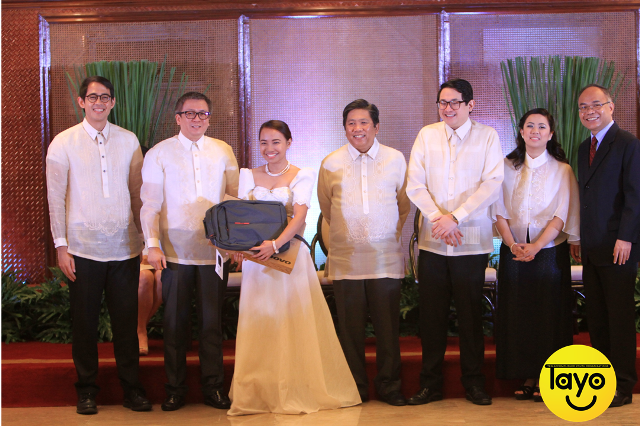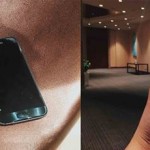Project LIBRO awarded the “Most Innovative Project” at the TAYO 13 Awards
Can the act of going back to basics also be innovative? Project LIBRO, the official entry of the University of San Carlos Chemical Engineering Society (USC ChES) at the 13th Ten Accomplished Youth Organizations (TAYO) Awards, had a simple premise – to provide educational reinforcement and support to pupils of remote public elementary schools in Cebu.
Project LIBRO is a program that began in 2014 that builds mini libraries in public elementary schools in remote areas of Cebu. It aims to bring out the reader in every child by providing them with literary and academic reading materials and has already helped five schools within the province of Cebu. Lenovo chose USC ChES’ Project LIBRO because of the role that technology can play in further promoting the organization’s advocacy, especially since the project aims to instill basic and vital abilities in children.
As the exclusive technology partner of TAYO Awards, Lenovo annually chooses an organization from the TAYO finalists to give the “Most Innovative Project” award to. TAYO Awards is the country’s top award-giving body that recognizes exceptional youth organizations that are passionate, driven, and creative in responding to the call of nation-building.
“We hope that our devices can help USC ChES achieve their goal of bringing the enriching experience of learning through reading to the children in their community, and eventually, in other far flung provinces in the country,” said Michael Ngan, Country General Manager, Lenovo Philippines.
“The organization’s vision is for the students of these far flung communities to achieve the same kind of quality education as that of other students from other parts of the Philippines. We’re finding more ways on how to develop the intellectual capacity of these communities in Cebu and other parts of the Philippines not only through the mini libraries, but also through different activities that can motivate them to keep on reading books,” said Marianne Abuan, Former Project Head, Project LIBRO.
The selection of schools to be adopted by the organization is based on the school’s vicinity, existing conditions, and its capacity to house a mini library. After the schools are shortlisted, the local government and educational sectors in the area are tapped to help build the mini library. Project LIBRO has five phases which starts with the mini library installation and ends with the organization hosting reading and comprehension competitions to award the most progressed reader and the best reader award in each of the chosen institutions to further motivate children to read.
This year, Lenovo also gave out an ideapad 100 to Project LIBRO on top of donating tablets to further help the organization and its chosen communities get the quality education they deserve.












